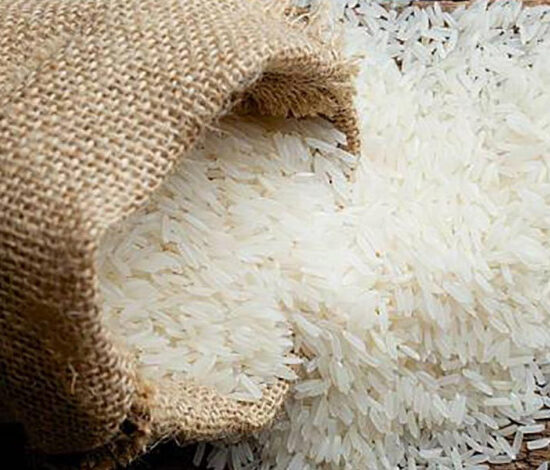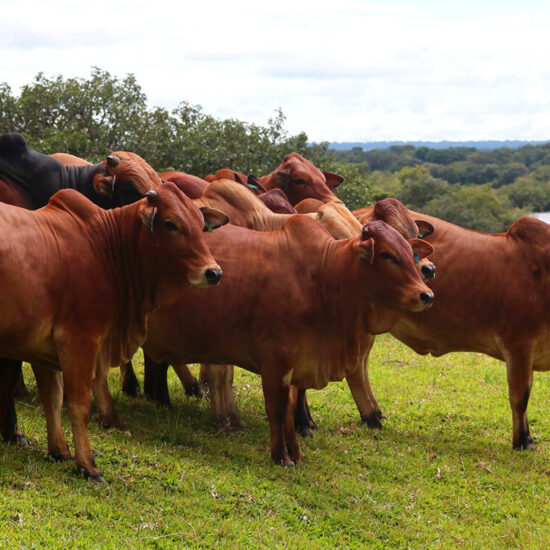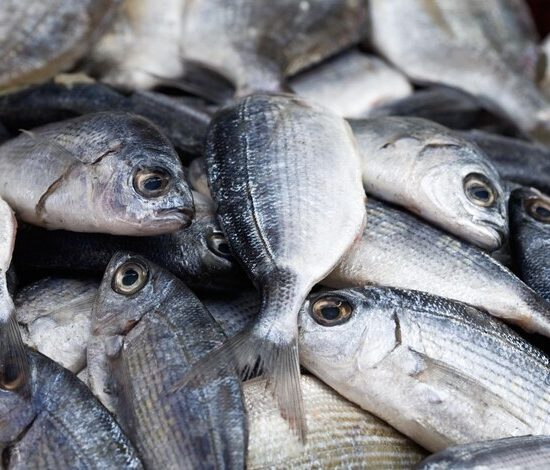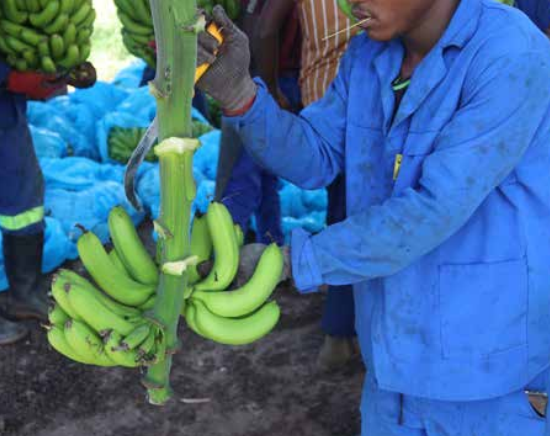
A forage seed farmer has revealed to the Zambian Business Times – ZBT that he has managed to get revenue of K100,000 from an initial investment of about K20,000, which is 5 times (5X) return on investment in one farming season.
Elijah Mbewe is one of the qualified local seed growers among the initial 55 emerging farmers who were trained by Palanana Diary to be seed growers. Mbewe is growing cowpeas, pigeon peas, Red sunnhemp, Rhodes grass and velvet beans.
Speaking to ZBT in an exclusive interview, Mbewe stated that he started forage or pasture seed growing in the 2018/2019 farming season when he planted forage seed on his 12 hectares of land. The planting season for these crops is around mid November in Zambia.
When asked by ZBT to disclose the cost of production and the average returns earned?! he disclosed that the cost of production was roughly about K20,000 of which he managed to make total sales revenue of about K100,000.
Mbewe stated that he was able to produce 25 bags of pigeon peas of 50kg, total of 1,250kgs, cowpeas 20 bags by 50kg with a total of 1,000kgs, velvet beans produced 18 bags by 50kgs which totals to 900kgs and sunnhemp produce of 10 bags by 50kg which totaled 500kgs.
He stated that forage seed production is important because the productiveness of livestock would improved such that there is increased milk production for dairy farmers and the quality of beef is improved.
The forage farming has benefited Mbewe in such a way that there has been an increase in the household income, the soil fertility of the fields has also improved tremendously due to the fact that those crops are legumes.
Mbewe intends to plant on more than 20 hectares of land in the 2020/2021 farming season because of the benefits he has found.
Forage seed farming is a very lucrative business as there is demand for forage seeds in Zambia and beyond the region. It is high time that farmers start embracing the production of folder crops to be able to feed animals.
Especially in rural areas, where they depend on natural grazing. This has led to depletion of natural pasture, as the grazing is not controlled and as well as due to climate change. When farmers grow pasture for animals, dairy animals for instance record milk production increases when they feed on residue cowpeas.
However, on the beef side, the farmers shall be able to sale quality beef in fewer years instead of waiting for 4-6 years to make the sale. When animals are fed on hard pastures, they tend to produce a lot of gas in the stomach to digest the unpalatable feed resulting in a lot of gas emission into the environment. This is also one of the major contributing factor to climate change.
Mbewe received a cheque from the Ministry of livestock and fisheries for his hard and exemplary work in the production of forage seed farming across the country. He is ranked 2nd best in the production of forage seeds among the local farmers cohort.







